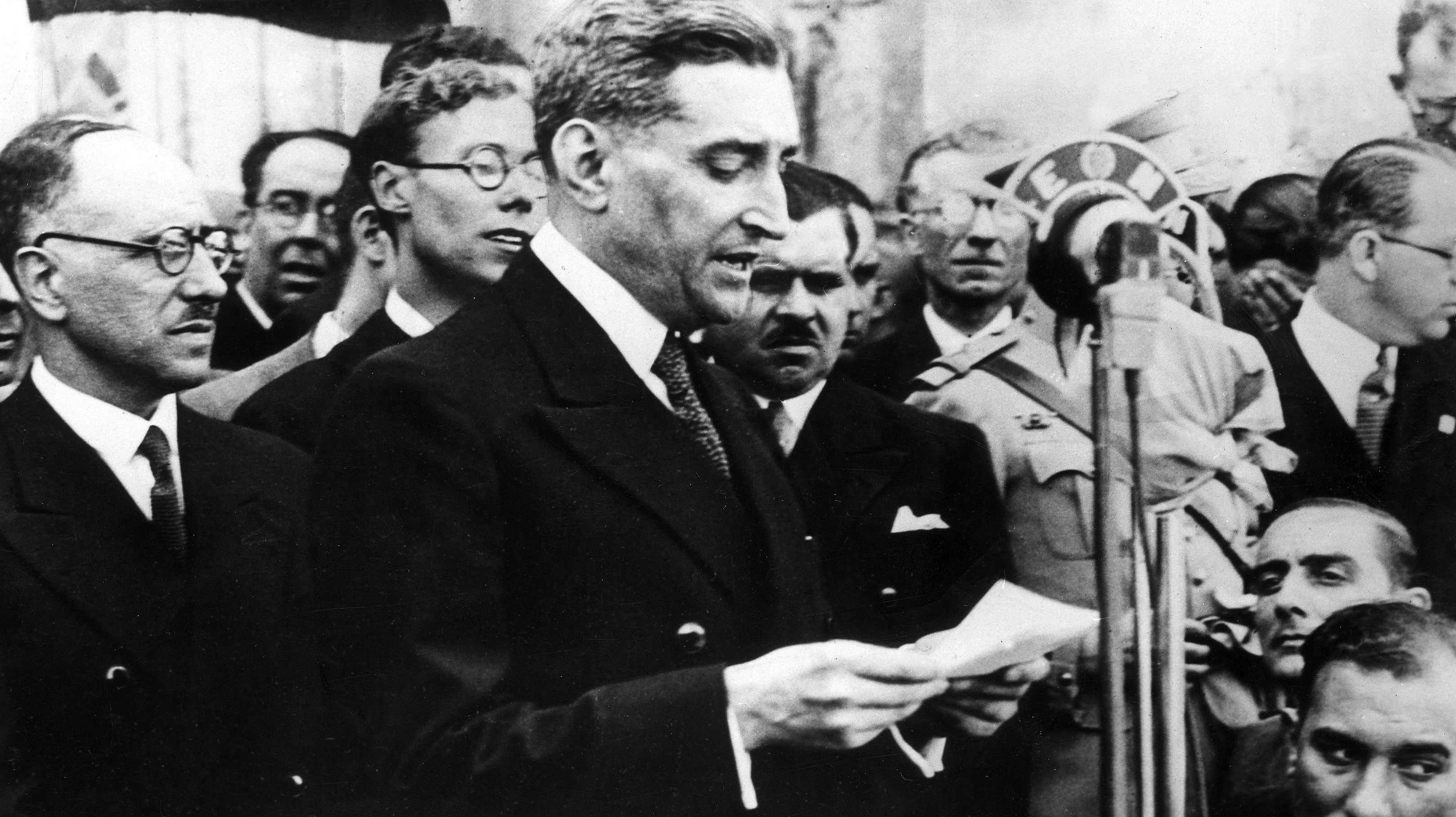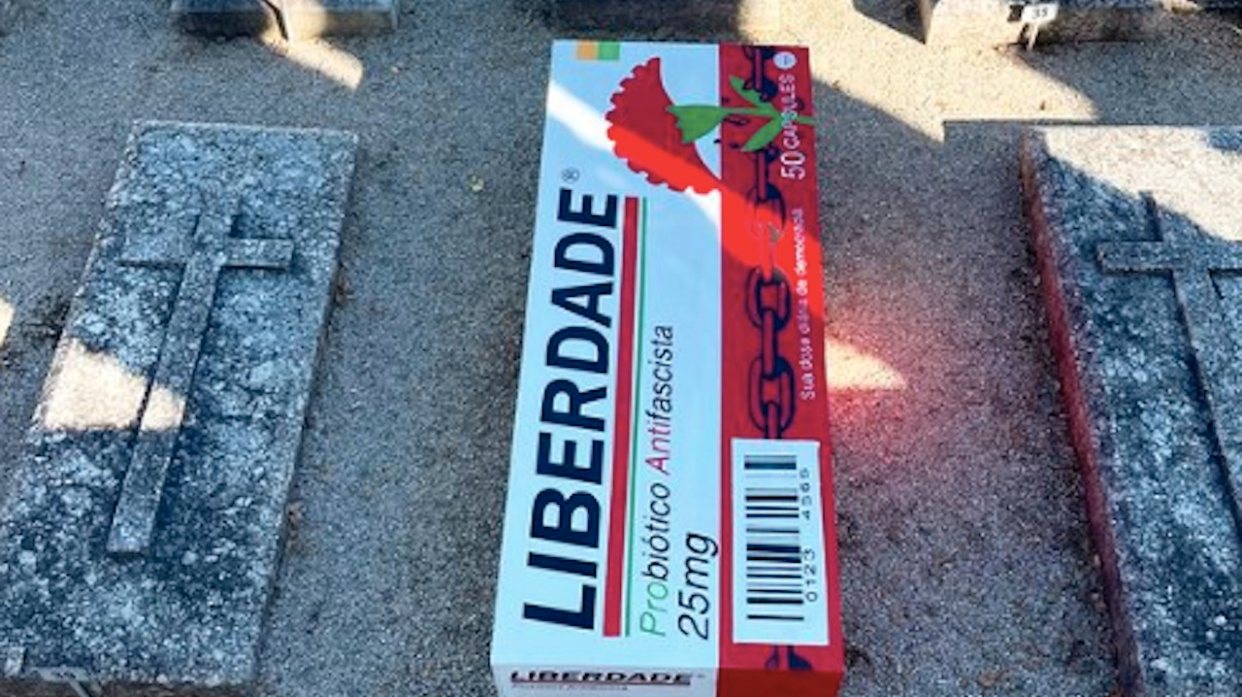Outro dia, estava eu numa estação de metro, na fila da bilheteira, quando ouvi uma senhora brasileira a perguntar o que era um “autocarro”, depois da senhora do metro lhe ter dito para apanhar um “autocarro”. A turista brasileira não sabia mesmo o que era um “autocarro” e a funcionária do metro também não sabia mesmo que, no Brasil, se diz “ônibus” (nem eu, e assim, não ajudei nada).
Felizmente, em vez de brasileiro, muitos visitantes a Portugal falam inglês nas várias formas que o inglês tem, e por isso, a comunicação está facilitada graças aos talentos linguísticos de tantos portugueses que falam inglês tão bem.
É bom que os portugueses falem inglês, porque quase ninguém, além dos portugueses, se dá ao trabalho de aprender português. Os britânicos, sabemos todos, não se dão bem com quaisquer outras línguas. Não as ouvem, não as leem, e quando no estrangeiro, safam-se gritando, gesticulando e abusando da ajuda que lhe dá a gente do país, com pena deles.
Uma das razões por que os britânicos não têm jeito nenhum para línguas estrangeiras é que não as ouvem no dia-a-dia. Na televisão, os programas estrangeiros são geralmente dobrados em vez de legendados. Hoje, há mais programas legendados do que antigamente, mas não há quase nenhuns programas estrangeiros na televisão, para além de algumas séries policiais da Escandinávia, e muito pouco cinema estrangeiro fora das “cinematecas”.
Mas essa é apenas uma desculpa. A razão principal é a preguiça. Para quê dar-se ao trabalho de aprender uma outra língua enquanto a sua é falada em todo o mundo?
Claro, não se pode esperar que os turistas aprendam a língua de cada um dos países em que passam um fim de semana, mas meia hora no avião a folhear um livro de frases não os mataria, pois não? “Se faz favor”, “obrigad(O/A), “desculpe” e “onde fica a casa de banho?” seriam um grande começo.
Os britânicos que vêm viver para Portugal e que não aprendem português dão-me comichão nos dentes — e é com tristeza que tenho de reconhecer que a maior parte dos residentes britânicos parece estar nessa situação. Sim, sabem dizer “umme café, se faze favore” e “dessculpah, onde esstá a cahsa de banhou”, e, depois de uns anitos, são capazes de conjugar um verbo regular, mas pouco mais. Não percebo como é que eles acham que vivem mesmo em Portugal, fluentemente, se não podem comunicar com nuance e palavrões com outras pessoas, ou entender a alma do país, ou ter conversas ou discussões coerentes, ou perceber as notícias, ou ler crónicas de um jornal sem a tradução por baixo (*cof-cof*).
Ainda por cima, há o sotaque… ó valha-me deus, como eu gostaria que os britânicos tentassem falar sem o sotaque britânico. Tentar e falhar em reproduzir o sotaque português seria melhor do que nem sequer tentar. O português falado com sotaque britânico não tem nenhuma graça, soa horrendo. Pior ainda, o sotaque britânico coloca um carimbo na testa da pessoa, “esta pessoa é britânica”, e sabemos todos que os britânicos não são as pessoas preferidas da toda a gente. Pessoalmente, eu faço coisas horríveis à língua portuguesa, todos os dias — massacro conjuntivos e falo à pressa para que ninguém repare nos géneros em que não acerto — mas tento, tento mesmo chegar a algo parecido ao sotaque português. Gosto do facto de, embora saibam que não sou portuguesa, as pessoas não perceberem nos primeiros instantes que sou britânica. Ouvimos muito que “os britânicos são frios, remotos e convencidos”. Pelo menos, não me carimbam logo com esse estereótipo à primeira.
Vá, Portugal, vocês podem ajudar esses britânicos que não falam a língua (ou fazê-los sofrer, se quiserem) deixando de lhes facilitar a vida. Ajudem os turistas de fim de semana, claro, mas os residentes? Obriguem-nos a falar português, por amor de deus. Nunca se sabe, talvez deixem de ser frios, remotos e convencidos.
Uma nota de rodapé: se “faze favore”, deixem de dizer aos estrangeiros que tudo é “bery nice”. Se “faze favore”.
(Tradução do original inglês pela autora)
Please learn the language
The other day, while I stood in a queue in a metro ticket office, and heard a Brazilian lady asking what an “autocarro” was, having been told by the lady at the counter to catch an “autocarro”. She couldn’t for the life of her work out what an “autocarro” was and the lady at the counter couldn’t for the life of her remember what an “ônibus” was (nor could I, so I was no help).
Luckily, instead of Brazilian, many visitors to Portugal speak English in its many forms, and so a lot of communication is greased by the linguistic talents of so many people here who speak damned good English.
It’s a good job that the Portuguese are so damned good at speaking English, because no one else bothers to learn Portuguese. The British, we all know, are hopeless with other languages. They don’t hear them, they don’t read them and when they’re abroad, they get by with shouting, lots of arm waving and helpful locals who feel sorry for them.
Part of the reason that the British are hopeless with languages is their not hearing other languages in their daily lives. When there is foreign TV, much of it gets dubbed instead of subtitled. More shows are subtitled than they used to be, but mostly, there is barely any foreign language TV other than Scandinavian crime series, and very little foreign language cinema outside of art cinemas.
But that’s just an excuse. The main reason is laziness. Why bother learning another language when your own is spoken everywhere?
Of course, no one can be expected to learn whole language of every holiday destination they city break to, but half an hour on the plane looking at a phrase book wouldn’t kill them, would it? “Please”, “thank you” (with the correct gender), “sorry” and “where’s the loo?” would be a great start.
However, the ones who move here to live who don’t learn the language properly make my teeth itch, and that, I’m sad to say, seems to be most of them. So, they know how to ask for “a coffee, please” and “sorry, where’s the loo?”, and they might, after a few years, know how to conjugate a regular verb, but little more. I don’t understand how they can possibly feel like they live here, properly, fluently live, if they can’t communicate with other people with nuance and swearing, or understand the soul of the country, or have coherent conversations or arguments, or understand the news, or read newspaper columns without a translation underneath (*cough*).
And then there’s the accent… oh lord, would that British people attempt to speak without an British accent. Even trying and failing to speak with a Portuguese accent is better than not even trying. Portuguese spoken with an British accent isn’t remotely charming, it just sounds preposterous. Worse, it instantly flags a person as British, and we all know that the British aren’t everyone’s favourite kind of person. Personally, I do terrible things to the Portuguese language every day, slaughtering subjunctives and talking fast to try and hide that I can’t remember the gender of this word or another, but dammit, I do try very hard to get as close to a Portuguese accent as I can.
I relish the fact that although people know I’m not Portuguese, they don’t instantly know I’m British. We are all reminded that “the British are cold and distant and stuck up”. The fact that it might take a few minutes of getting to know me before I’m stamped with that stereotype is, I think, helpful. To me, at least.
So, come on Portugal, you can help them (or make them suffer, if you’re so inclined) by not enabling them. Help the city-breakers with your English, of course, but residents? Make them speak Portuguese, for god’s sake. You never know, they might become less cold, distant and stuck up.
A footnote: please stop staying everything is “bery nice” to visitors. Please.











